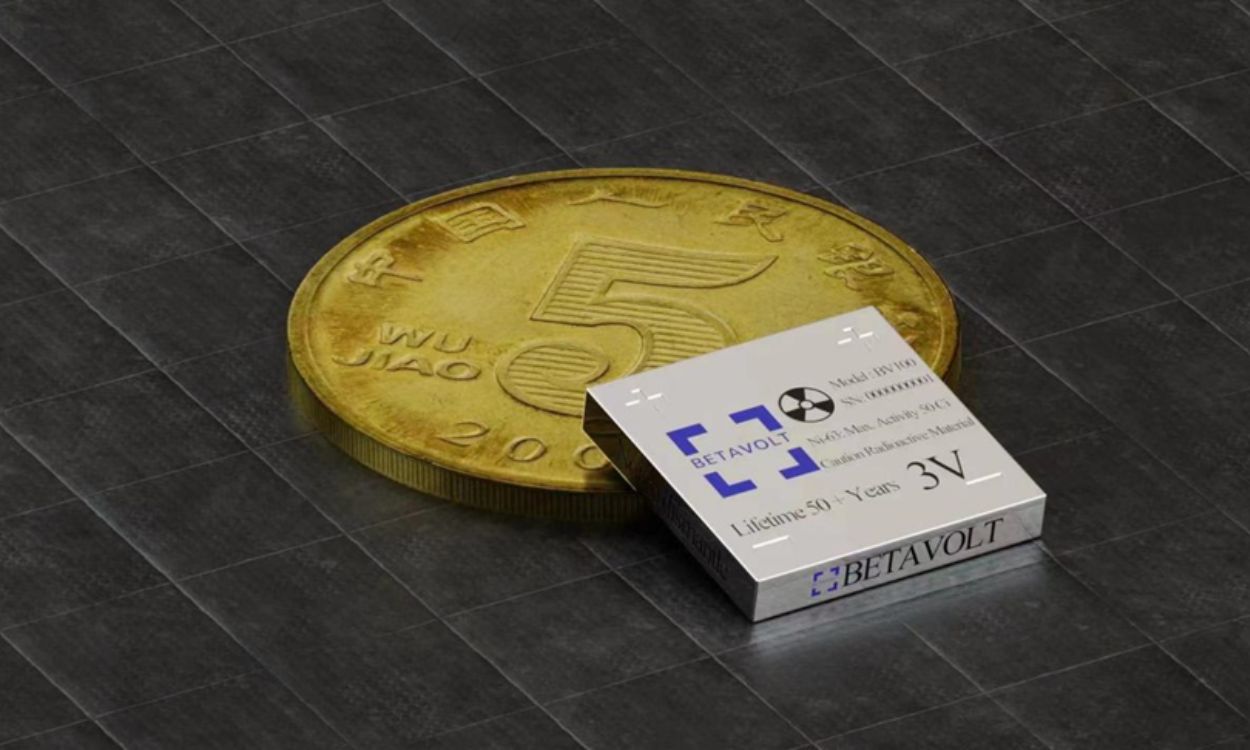While smartphone chipsets are getting more powerful by the day, we have not witnessed groundbreaking battery technology improvements for the past few decades. But that’s perhaps going to change, thanks to nuclear batteries. A China-based company called Betavolt Technology is developing a radionuclide battery that can last for 50 years. It means you will never have to charge your smartphone. Here is everything you need to know about nuclear batteries.
Nuclear Batteries Might Be Coming to Smartphones
According to WinFuture, Betavolt Technology is working on nuclear batteries that can fit into a smartphone and may last 50 years. The same technology is used in pacemakers — a small, battery-powered device that regulates the heart function. It’s also used in space travel to power components that are far away from the sun.
Earlier attempts at making nuclear batteries didn’t bear fruit as they were too large or didn’t deliver enough power for smartphones. Not to mention, using radioactive material like plutonium would have been dangerous on a smartphone. So, Betavolt Technology is taking a different route this time. It’s developing a radionuclide battery that uses a layer of artificial diamond and it acts as a semiconductor layer. In addition, the nickel isotope (nickel-63) decays and generates energy.
The company says its nuclear batteries are atomic energy batteries with 10 times the energy density as compared to contemporary lithium batteries. The nuclear batteries can store 3,300 megawatt-hours in 1 gram of battery and there is no concept of battery degradation as there are no battery cycles.
Moreover, nuclear batteries are not affected by harsh environments and loads as power generation by these batteries is stable.
The company already has a working model called the BB100 that is 15 x 15 x 5 mm in dimension and offers 100 microwatts of electricity. It’s aiming to expand the technology in the next two years to deliver up to one watt of power. The good thing about this technology is that no radiation escapes from the system and the nickel isotope breaks down to copper, meaning no toxic chemicals are produced in the process.
While it’s a promising development in battery technology, we need to wait and see whether the technology is viable for mass use on smartphones. What is your opinion on nuclear batteries? Let us know in the comment section below.

